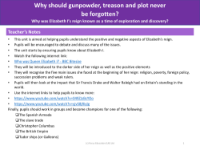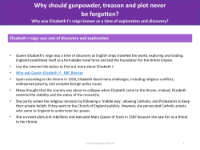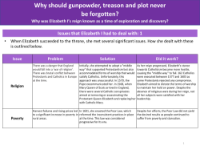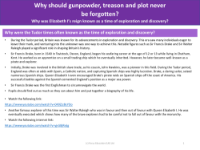Why was Elizabeth I's reign known as a time of exploration and discovery? - Presentation
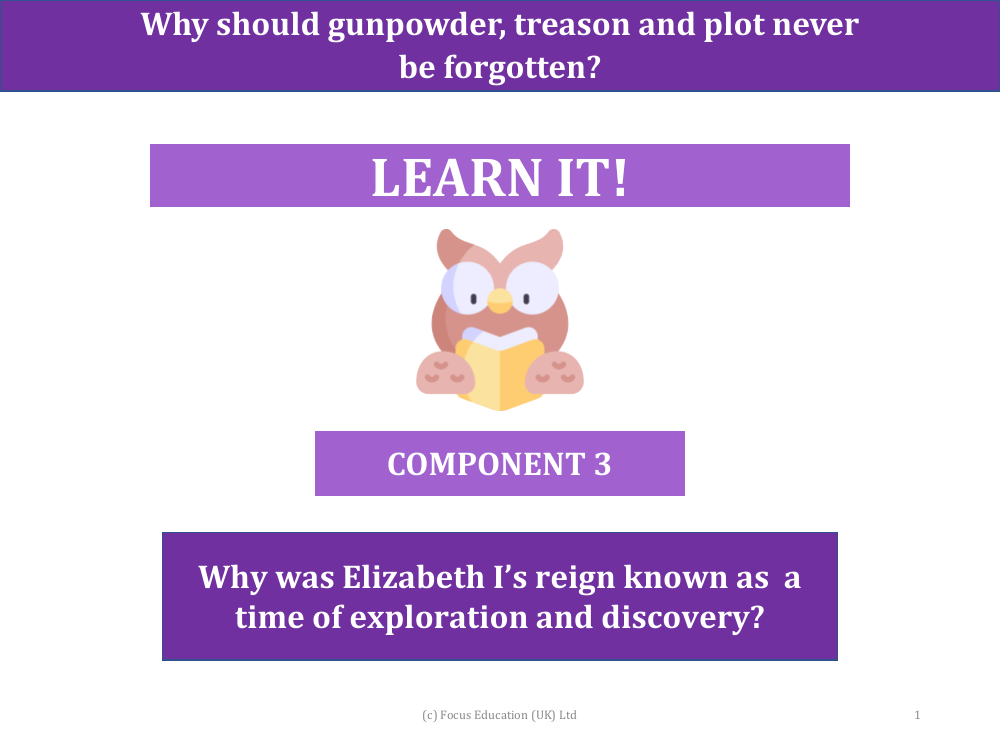
History Resource Description
Elizabeth I's reign is often hailed as the golden age of English exploration and discovery, setting the stage for the eventual establishment of the British Empire. This period witnessed English ships venturing across the globe, engaging in trade, and asserting naval dominance. Upon her ascension to the throne in 1558, Queen Elizabeth I inherited a nation fraught with challenges such as religious strife, poverty, and complex foreign policies. Despite these hurdles, her leadership brought stability and elevated the monarchy's status. Elizabeth I's policies, including the 'middle way' approach to religion, allowed for a degree of religious tolerance while maintaining Protestantism as the state religion. Moreover, her reign saw the defeat of the Spanish Armada, a significant naval victory that bolstered England's maritime prestige.
The era of Elizabeth I was also marked by the exploits of renowned explorers like Sir Francis Drake and Sir Walter Raleigh, who expanded Britain's horizons and contributed to its global influence. Drake, known for his circumnavigation of the globe and pirate raids against Spanish ships, helped solidify England's reputation as a formidable sea power. Meanwhile, Raleigh's fluctuating favour with the Queen and eventual execution highlighted the precarious nature of being an explorer during this time. The Tudor period's spirit of adventure led to the discovery of new lands and the contentious establishment of territories despite the presence of indigenous peoples. Students are encouraged to explore this era by researching and presenting on key topics such as the Spanish Armada, the slave trade, Christopher Columbus, the British Empire, and Tudor ships, engaging in a comprehensive examination of this transformative period in British history.


